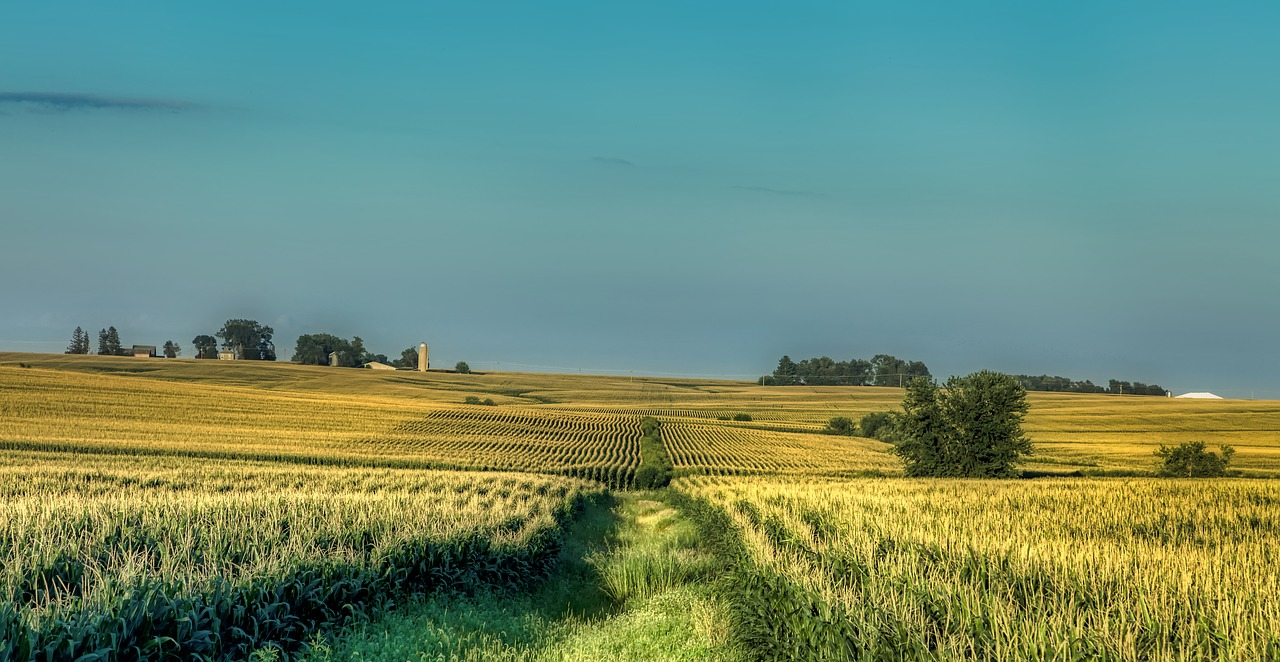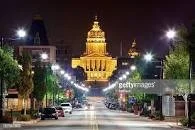This is a guest post by Michael Messina.
Both Abraham Lincoln and Charles Darwin were born February 12, 1809. In spite of very different circumstances as well as some similarities, both achieved greatness and changed the course of history.
Darwin was born at The Mount House in Shrewsbury England. “It is a building of the typical Georgian style, showing influences over the neoclassic movement.” (https://en.m.wikipedia.org/wiki/The_Mount,_Shrewsbury).
Abraham Lincoln was born in rural Kentucky at Sinking Creek farm, “an unpromising homestead of infertile ground, nestled among unproductive ridges.” It’s often said that Lincoln was born in a log cabin. It’s my understanding that a log cabin would have been considered a palace compared to the “miserable habitation” in which Nancy Hanks Lincoln delivered her baby. (Abraham Lincoln by Michael Burlingame).
Of his youth, Darwin wrote: “my earliest recollection goes back only to when I was a few months over four years old, when we went to near Abergele for sea-bathing, and I recollect some events and places there with some little distinctness.” (The Autobiography of Charles Darwin).
Lincoln was ashamed of his youth. He told a biographer, John Locke Scripps, “it is a great piece of folly to attempt to make anything out of my early life. It can all be condensed into a single sentence, and that sentence you will find in Gray’s Elegy; ‘The short and simple annals of the poor.” Speaking about his youth, Lincoln said: “I thought of the time when I had been pinched by terrible poverty. And so I told them that I had been poor; that I remembered when my toes stuck out through my broken shoes in winter; when my arms were out at the elbows; when I shivered with the cold.”
Charles Darwin’s father was a doctor and financier. His mother was Susanna Wedgwood Darwin. His grandfathers were Erasmus Darwin and Josiah Wedgwood.
Lincoln’s paternal grandfather was also named Abraham. Grandfather Lincoln, had achieved the rank of Captain in the French and Indian War. In the spring of 1786, while Lincoln’s father, Thomas was helping his father with farm chores an Indian shot and killed Grandfather Lincoln. The Indian then grabbed Thomas and began to make off with him. Thomas’ older brother, Mordecai, dashed back to the family cabin, grabbed a rifle and shot and killed the Indian. Michael Burlingame wrote: “The Indian may have belonged to a tribe the Captain had battled during his militia service.”
Lincoln’s paternal grandmother, Lucy, had been raped by her employer and gave birth to Lincoln’s mother, Nancy Hanks (I read, in that most reliable source — Parade magazine — that the actor Tom Hanks is a descendant of Nancy Hanks’ family). Lincoln once described Lucy as “a halfway prostitute. As a result Lincoln never knew either of his grandfathers. He did, however, attribute his intellectual abilities to the man who had raped his grandmother. I recently read that there were rumors that shortly before Nancy and Thomas were married, Nancy had sex with a man named Abraham Enlow. “One story in local circles was that Nancy Hanks had been impregnated by a man named Abraham Enlow (also sometimes spelled “Enloe”) before her marriage to Thomas Lincoln and that Abraham Lincoln was Enlow’s natural son. ‘She was a woman that did not bear a very virtuous name, and it was hard to tell who was the father of Abe,’ a Kentucky contemporary of Lincoln’s recalled. The story circulated for decades—and Enlow insisted it was true. However, as Herndon [one of Lincoln’s law partners] was told, ‘Abe Enlow was as low a fellow as you could find.’” (And There Was Light, by Jon Meacham). I have no idea if the Enlow story is true or not, but maybe that’s who Nancy had in mind when she chose the name Abraham for her son.
Darwin’s mother died in July 1818 when he was a little over eight years old. She had gastrointestinal symptoms that were probably a sign of either a severe ulcer or stomach cancer. (https://en.m.wikipedia.org/wiki/Susannah_Darwin). Darwin wrote: “My mother died in July 1817, when I was a little over eight years old, and it is odd that I can remember hardly anything about her except her death-bed, her black velvet gown, and her curiously constructed work-table.
In late September 1818, Lincoln’s mother contracted what was then known as milk sickness. Burlingame wrote: “If Nancy Hanks died the way most victims of milk sickness did, her husband and children in the small cabin must have been horrified as her body was convulsed with nausea, her eyes rolled, and her tongue grew large and turned red. After a few days, as death approached, she probably lay in pain, her legs spread apart, her breath growing short, her skin becoming cool and clammy, and her pulse beating ever more irregularly…On October 5, 1818, a week after her symptoms first appeared, she died, unattended by a physician…Young Abe helped his father construct a coffin, a melancholy task…Nancy’s body was conveyed on a homemade sled to a gravesite near the cabin…No tombstone marked her final resting place, and no preacher delivered a funeral sermon until months later, when David Elkin arrived from Kentucky and spoke to a group of about twenty mourners gathered at the grave.”
In the same year that his mother died, Darwin was sent to a day-school in Shrewsbury, where he stayed for a year. “I have been told that I was much slower in learning than my younger sister Catherine, and I believe that I was in many ways a naughty boy.” In 1825, Darwin spent the summer as an apprentice helping his father. In the fall, he attended the well regarded University of Edinburgh Medical School where he found lectures dull, so he neglected his studies.
Lincoln was self educated. His formal education was the next best thing to nothing. Burlingame wrote: “Later in life he laconically referred to his education as “defective” and estimated the aggregate of his time spent in school was less than a year…The Indiana school available to young Abe was a low-ceilinged, flea-infested cabin with a floor of split logs, a chimney of poles and clay, and a window of greased paper. Pupils sat on uncomfortable benches without backs but with splinters aplenty. The young scholars usually studied aloud so that the teacher could tell that they were not daydreaming.” Such schools were known as “blab schools.” Never the less Lincoln taught himself to read which he preferred to any other activity. In his 40s, he taught himself Euclidean geometry so he could take a job as a land surveyor. Lincoln taught himself to read the law and became a successful lawyer in the state of Illinois. One time, during the Lincoln Douglas debates, the stage, at Knox College could only be accessed through a second floor window. After going to the room and crawling out the window, Lincoln said something to the effect of “well, now I can say that I’ve passed through college.”
On December 27, 1831, Darwin began a five year journey on HMS Beagle. At various stops, Darwin spent time investigating geology and making natural history collections. As we all know, the knowledge gained on that voyage, was the basis of Darwin’s theory of evolution.
During his childhood, Lincoln’s father frequently “rented him out” to other farmers. All wages were paid directly to, and kept by, Thomas. In March 1831 Lincoln left his father’s home. “No longer could Thomas rent him out to neighbors and attach the wages he earned in the abundant sweat of his brow. Though unsure about what he wanted to do, young Lincoln knew for certain that he did not wish to lead the crude life of a subsistence farmer, mired in poverty, superstition, and ignorance.” One of Lincoln’s first jobs as a free man was to take a boat load of goods from Illinois to New Orleans. First, however, Lincoln had to cut the trees and build the boat. He eventually made it to New Orleans where he witnessed the slave markets in that city. That experience, as well as having been rented out by his father, was the basis of his aversion to slavery and the eventual Emancipation Proclamation.
Charles Darwin closed On the Origin of Species: “There is grandeur in this view of life, with its several powers, having been originally breathed into a few forms or into one; and that, whilst this planet has gone cycling on according to the fixed law of gravity, from so simple a beginning endless forms most beautiful and most wonderful have been, and are being, evolved.”
I read somewhere, although I can’t find the citation just now, that when Lincoln was signing the Emancipation Proclamation, he remembered his days of growing up in the mud of Kentucky, Indiana and Illinois and the irony that now he was signing a document that would free millions of people being held in bondage.
These are just some of the things that mark the similarities and differences between two little boys that were born February 12, 1809. Although they grew up in very different circumstances, each left a marked imprint on the whole world. I could go on and on, but sometimes enough is too much, so I’ll stop here


